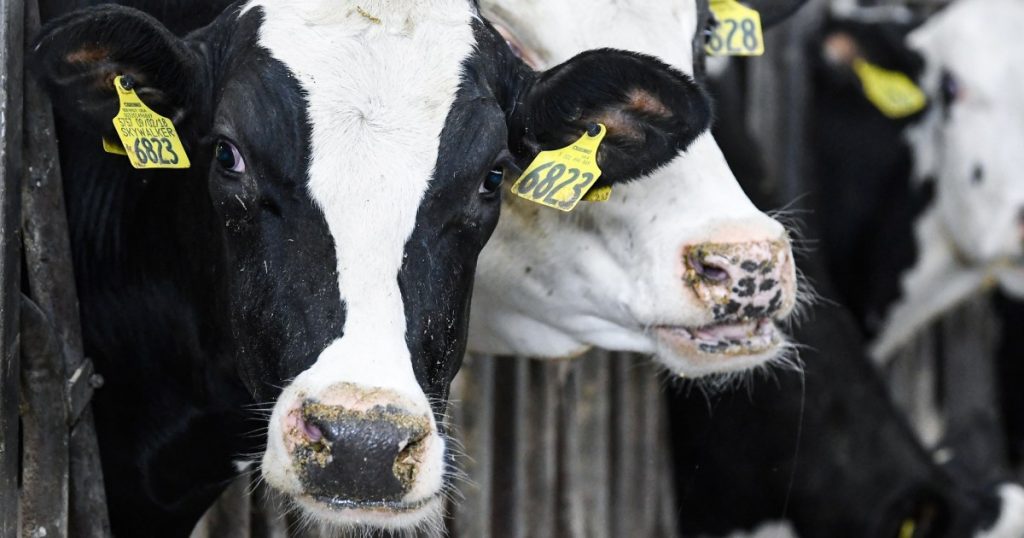A highly virulent strain of bird flu has been detected in Texas, with the first human case confirmed since the virus was found in dairy cattle in several states. The infected person worked at a dairy where cows tested positive for the H5N1 strain of bird flu, with pink eye as their main symptom. It remains unclear whether the person was infected by a dairy cow or through other means, although farm waterfowl that were found dead on the property are believed to be the source. Despite this, both the Texas Department of State Health Services and the Centers for Disease Control and Prevention have assured the public that the general human health risk associated with H5N1 bird flu is low.
Cases of this particular avian flu strain in humans are rare but fatal in over 50% of those infected, with a recent fatality in Vietnam. The only previous human case in the U.S. was in a Colorado man in 2022, who recovered after exhibiting fatigue. There have also been four cases of a less virulent bird flu strain in the U.S., with more cases worldwide. The virus, known to spread rapidly among birds, has been increasingly affecting nonbird species like polar bears and marine mammals. The recent cases in dairy cows were discovered in multiple states following findings in goats in Minnesota, signaling a potential pattern as birds undertake their spring migrations.
Dr. Jeff Bender of the University of Minnesota predicts more outbreaks among animals as migratory birds shed the virus in their feces, contaminating water sources. The CDC has expressed low risk to the U.S. public from the virus, though those working closely with livestock are at higher risk. Commercial dairy products are considered safe, with unpasteurized products advised against, though high heat in pasteurization and cooking can kill the virus. The USDA believes food safety and supply will not be impacted by bird flu cases in cattle, with no infected milk entering the food supply in Texas.
The H5N1 strain of bird flu is not currently airborne and has not shown signs of spreading between cows, although vigilance is critical as influenza can mutate rapidly. Monitoring for potential changes that could heighten the risk to humans is a priority, with the virus posing a more significant threat if it begins infecting pigs. The CDC has a small stockpile of avian flu vaccines ready in case of human-to-human transmission, with existing antiviral drugs like Tamiflu effective against bird flu. Despite the alarming nature of the virus, authorities emphasize that it is still early in the understanding of the outbreak and that measures are in place to address any further developments.


